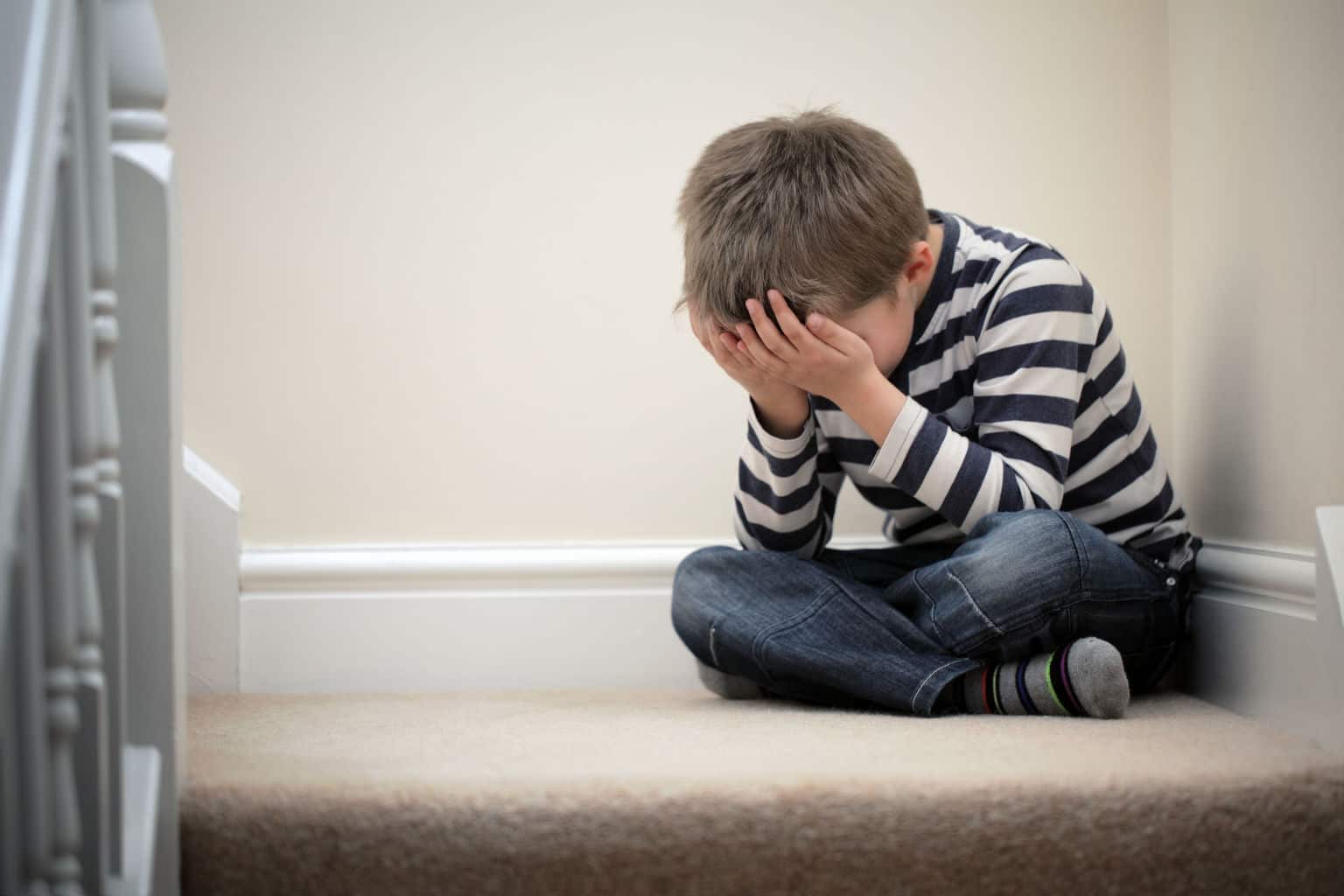 The short and simple answer to this question is “yes,” but when assessing PTSD in children it is important to understand more about it, as its signs and symptoms in children often present differently than they do in adults.
The short and simple answer to this question is “yes,” but when assessing PTSD in children it is important to understand more about it, as its signs and symptoms in children often present differently than they do in adults.
What is a traumatic event?
According to the National Child Traumatic Stress Network (NCTSN), “A traumatic event is a scary, dangerous, or violent event” in which there is an immediate threat to oneself or to a loved one, and is often followed by serious injury or harm. During a traumatic event one experiences terror, helplessness, or horror at what is being experienced and the inability to protect oneself or others.
There are a variety of events that may be experienced as being traumatic for children and teens, some of which include:
- Accident
- Injury
- Serious illness
- Fires
- Crime
- Community violence
- Combat injury of a loved one
- Death of a loved one
- Violence within the family
- Abuse
- Neglect
- Homelessness
- School violence
- Natural disaster
- Act of terrorism
Fortunately, even when children experience traumatic events, they do not always develop traumatic stress. According to US Department of Veteran Affairs, the development of traumatic stress is dependent on the following factors:
- How severe the trauma is
- How the parents react to the trauma
- How close or far away the child is from the trauma
Children who experience more severe trauma and are the closest to it tend to develop more traumatic stress, while those that have more familial support and whose parents are less upset by the trauma will experience less.
Signs & Symptoms of Traumatic Stress
Indications that a child is experiencing traumatic stress tend to vary based on the child’s age and level of resilience. For this reason, it is important be aware of the many different signs and symptoms that may indicate the presence of traumatic stress. According to NTCSN these include the following:
Preschool Children:
- Feel helpless and uncertain
- Fear of being separated from their caregiver
- Cry and/or scream a lot
- Eat poorly and lose weight
- Regression (e.g., return to bedwetting and/or baby talk)
- New fears
- Nightmares
- Recreate the trauma through play
- Are not developing to the next growth stage
- Have changes in behavior
- Ask questions about death
Elementary School Children:
- Become anxious or fearful
- Worry about their own or others’ safety
- Become clingy with a caregiver or teacher
- Experience guilt or shame
- Repeatedly tell others about the traumatic event
- Become upset if they get a small bump or bruise
- Difficulties concentrating
- Experience numbness
- Have fears that the event will happen again
- Have difficulty sleeping
- Change in academic performance
- Become easily startled
Middle & High School Children
- Feel depressed and alone
- Discuss the traumatic events in detail
- Develop eating disorder and self-harming behaviors (e.g., cutting)
- Start using or abusing alcohol and/or drugs
- Become sexually active
- Feel like they’re going crazy
- Feel different than everybody else
- Risky behavior
- Sleeping difficulties
- Avoidance of places that remind them of the event
- Changes in behavior
- Say they have no feeling about the event
What do I do if I suspect that my child has PTSD?
Caregivers can do many things to help their children including listening to them, reassuring them of their safety, telling them that it is not their fault, being patient with the fact that the healing process may take longer than expected, and maintaining as much consistency in the routine and home environment as possible. It is also important that parents assess their own reactions to the traumatic event and their own trauma history, as these factors will surely affect their reactions to their children’s difficulties. If a child’s distress persists for several weeks, it may become necessary to consult with a mental health professional who will help the child process the trauma and regain a sense of safety and security.
Resources used for this blog:
https://www.ptsd.va.gov/public/family/ptsd-children-adolescents.asp





